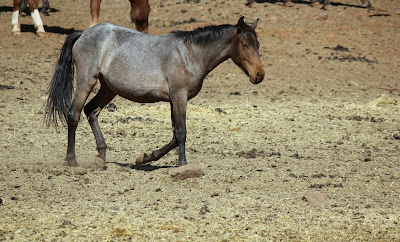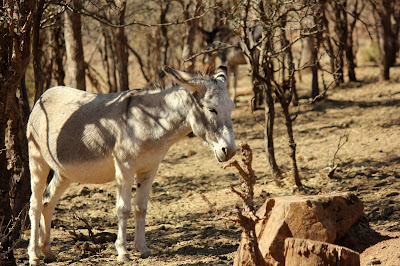In 2017 we’ve seen terrible stories of loss and suffering.
Hurricanes, wildfires, mass shootings, a volatile and divisive political
climate—and that’s just in the U.S. Every day it seems there’s a story that
will break your heart. In the face of all this, I sometimes wonder if it’s OK
to be happy. How can I be when so many people are miserable? Do you ever wonder
this, too?
I won’t keep you in suspense. The short answer is yes, it’s
OK to be happy.
The kind of happiness Catching Happiness is ultimately
concerned with is not only the “simple pleasures and everyday adventures” of
the tagline, but the deeper waters of joy and contentment. Joy and contentment
come from living the best life we can live, doing what we think is right in
most situations, appreciating what we have, sharing with others and helping
when we can, enjoying and savoring the good in our lives, and learning from our
mistakes and tribulations.
Though I personally am not suffering at this moment, suffering
happens. It’s happened to me before, and is certain to happen again. I need to
embrace the happy times and not waste them or push them away in fear of what
the future holds.
It’s much easier to be—and talk about—being unhappy. We bond
over complaining, forming instant connections over irritants like traffic jams
or the latest crisis in our lives. But when it comes to sharing our happiness,
we’re afraid it sounds like bragging. We can be afraid to share the highs with
others because we think it will make them feel bad, but is this really true?
That probably depends on the audience. It’s possible someone you don’t know
very well and who’s not familiar with your life’s ups and downs might think
you’re bragging. But if it’s someone who cares about you, he or she will likely
be happy for you. Use sensitivity and tact when sharing the good. Sometimes
your happiness will be an inspiration and encouragement to others. At least
they don’t have to worry about you!
Remember this: Our happiness does not hurt anyone. Our unhappiness doesn’t help anyone.
Also remember: happiness is contagious.
So go ahead and be happy. Bring your awareness to what makes
you feel happy, and don’t be afraid to share your happiness with others. This
world is in desperate need of more good stories and happy adventures.
What is one thing you’re happy about right now?
 |
| One of things that makes me happy |



































.jpg)


